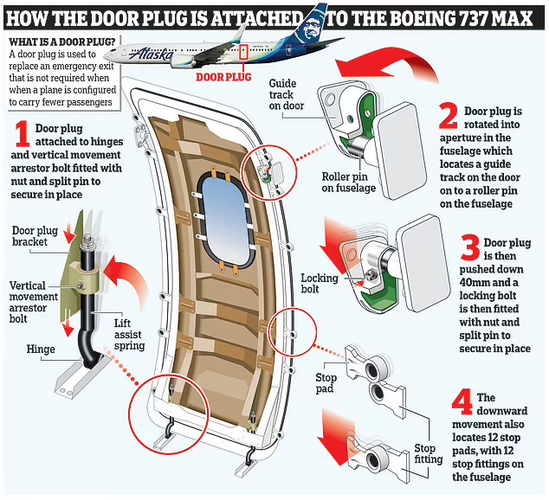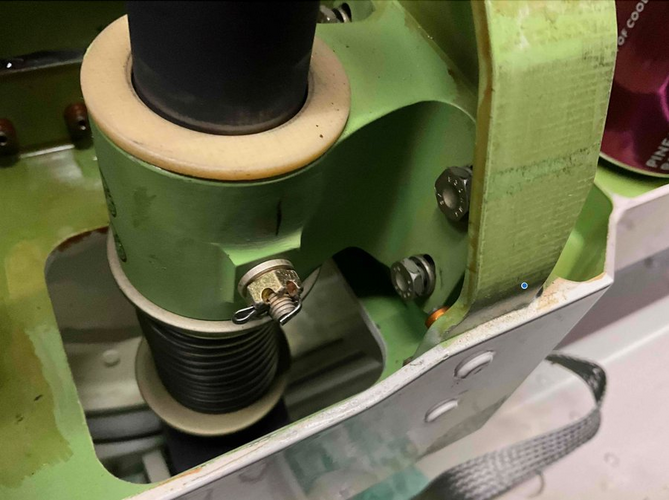The FAA is compromised as well. It is chartered to both insure both the viability/profitability and the safety of commercial aviation. Historically, the former has always outweighed the latter. Until we have an independent safety agency--an NTSB with regulatory and enforcement power--737MAX-type problems are inevitable.
The way to make sure no-one dies on an airplane
is to make sure no airplanes fly.
That's literally why the FAA has both jobs. To make sure the corrective actions for safety don't compromise the ability to actually fly.
Example: remember TWA 800? the 747 that somehow blew up shortly after takeoff from New York? One of the NTSB recommended actions was to add a nitrogen fuel tank inerting system
to all aircraft, not just all 747-100s. This would entail a liquid nitrogen tank, heat exchanger, and associated piping to every tank, plus a barometric equalizer valve to make sure that fuel tank pressure never exceeded ambient atmospheric. Not to mention the associated electrical wiring and any electronic controls. Ignoring the engineering costs and costs of installation (several million dollars per plane), that adds up to about 2000lbs of weight for the heavies, and somewhere around 200lbs for a Cessna 150-206 sized aircraft.
Side note: the only
two three US military planes I know of with fuel tank inerting systems are the Blackbird, the A-10,
and the AH-64. Blackbirds due to temperatures in the fuel tanks, A-10s
and Apaches due to their job involving people trying to blow large holes in them.
At about the size of most General Aviation or light business twins (King Airs) and smaller planes, the inerting system becomes more extra weight than the aircraft can legally take off with. Oops, you just prevented all future flight training, attempting to prevent a condition that to my knowledge
has never led to the loss of a light aircraft. Nevermind that the Cessnas are all flying with much more volatile avgas instead of jet fuel.
And now you must have someone on the airfield who is capable of handling liquid nitrogen 24/7. Few A&Ps will mess with that, no basic ramp worker should touch that
because their employer's insurance won't cover them doing it at all, so you better get a Norco or Airgas LN2 plant and truck at every airport across the entire world. And then that LN2 refiller will probably have to be trained as an A&P just to sign the maintenance books.
Total cost to the US alone? High billions of dollars the first year. And the closing of thousands of small airports because they can't get an LN2 worker. Complete halt to all flight training with any airplane smaller than a Cessna 208 Caravan. Complete halt to all general aviation planes smaller than a Cessna 208. Likely halt to flight of all warbirds, because they don't physically have space to install a fuel tank inerting system.
That sounds pretty desperate.
Also, can Boeing afford to bring Spirit Aerosystems up to quality?
They can't afford NOT to.















